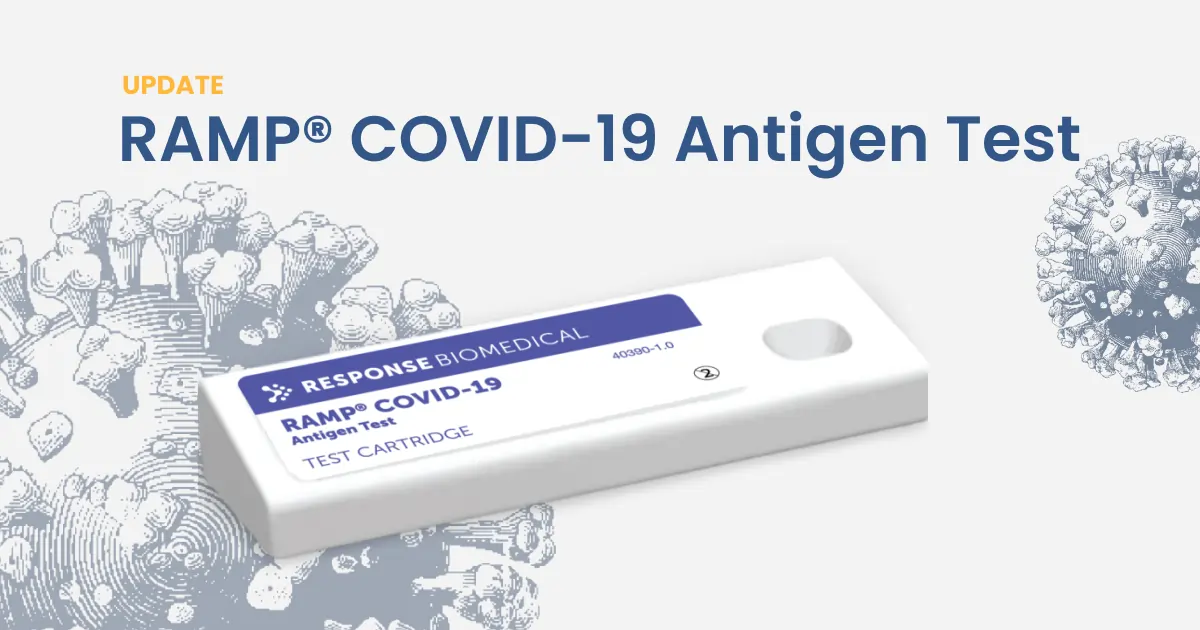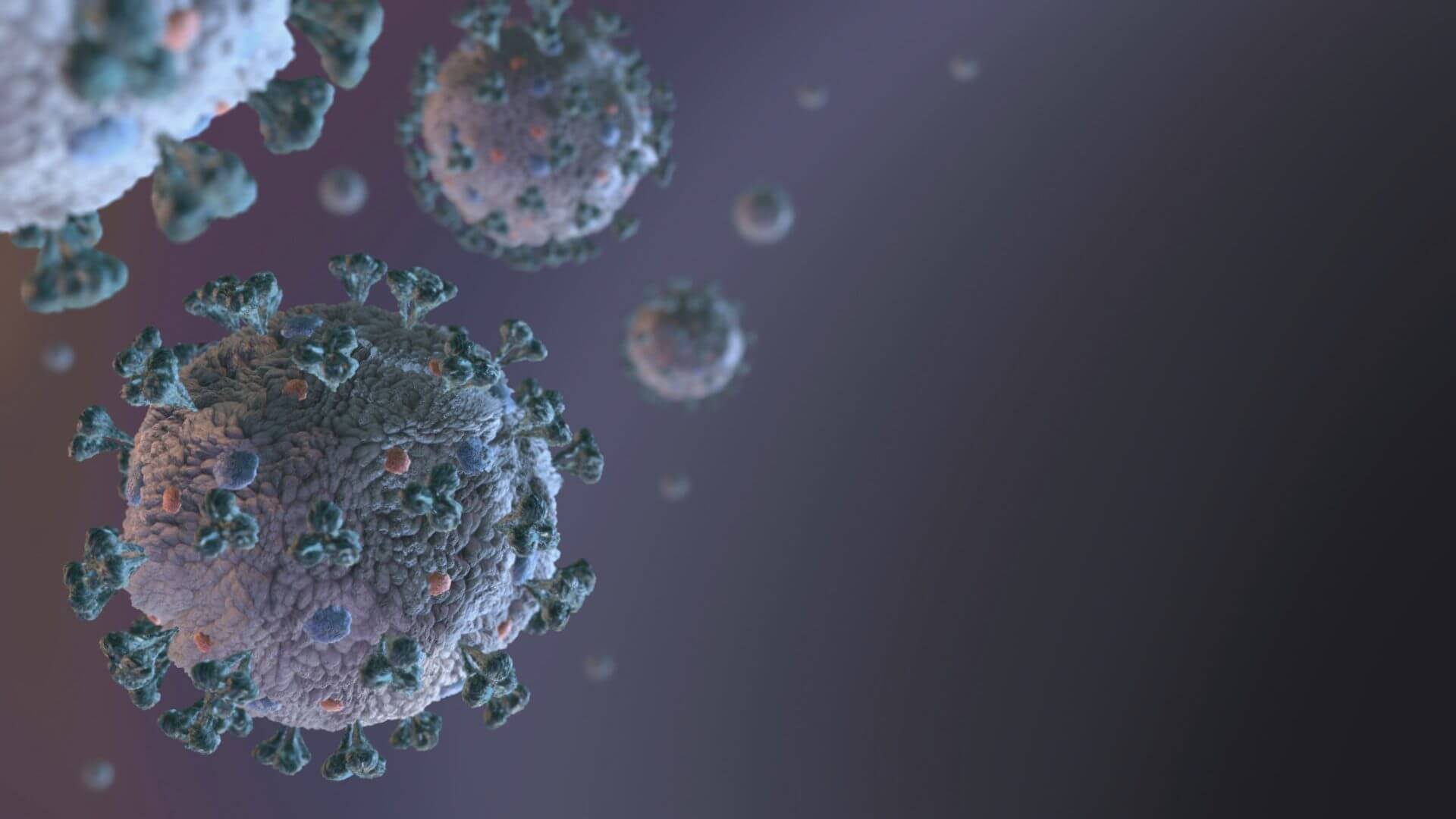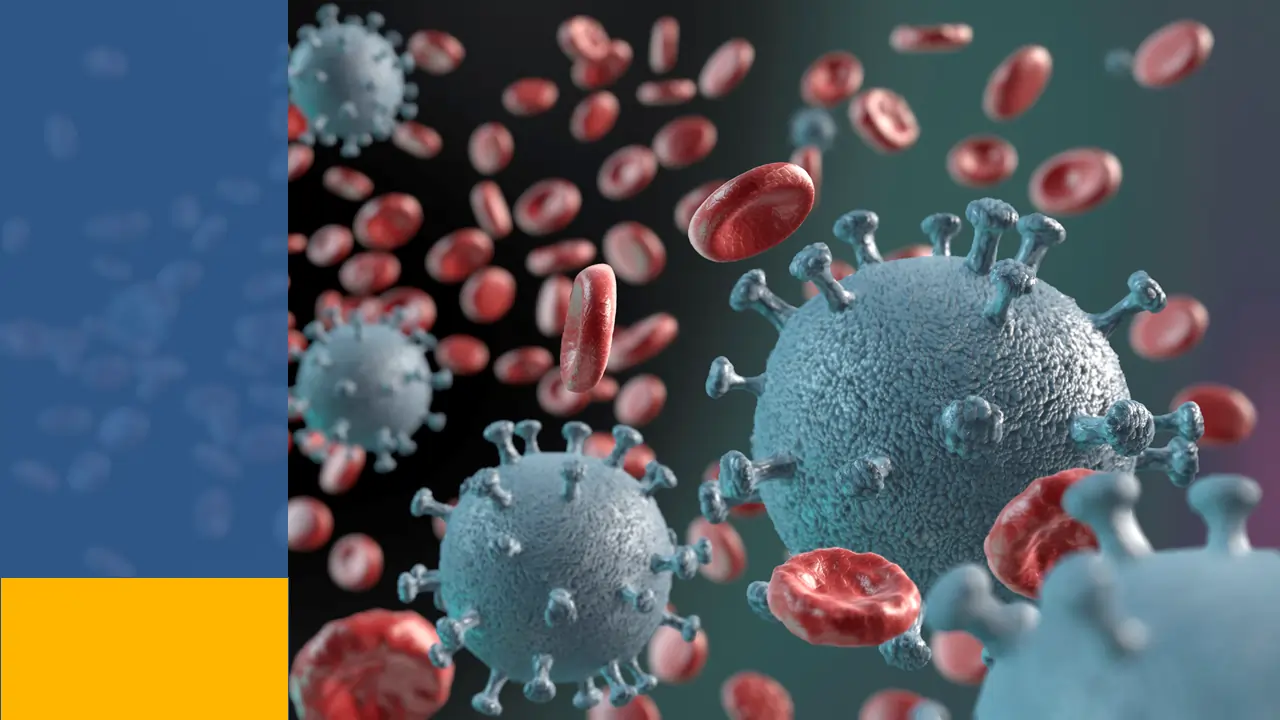

As a medical device manufacturer, we have been closely monitoring the research that is currently being conducted into the detection of COVID-19. Response Biomedical’s purpose is to save as many human lives as possible, and we strive to provide our channel partners with the most recent and relevant information.
The following systematic literature review by Lippi and Plebani highlights the important abnormalities observed in patients with COVID-19.1 The review cites several papers which show increased Procalcitonin (PCT) and D-dimer levels in patients with a severe COVID-19 infection compared to those with milder symptoms. In fact, a study conducted by Zhang et al. found that 25% of patients with COVID-19 who were admitted to the ICU had elevated PCT levels compared to 0% who were not admitted to the ICU.2 Furthermore, PCT can potentially be used prognostically as the progressive increase of its values seem to reflect a poorer outcome in patients with COVID-19.
A meta-analysis of literature also performed by Lippi and Plebani shows an increase in PCT values associated with a nearly 5-fold higher risk of severe COVID-19 infection.3
Please note, all studies mentioned in this COVID-19 update were not completed using RAMP products manufactured by Response Biomedical Corp. RAMP products have not been evaluated specifically for use with COVID-19 patients.
Please find the links to the mentioned articles below.
1 Lippi, G., & Plebani, M. (2020). Laboratory abnormalities in patients with COVID-2019 infection. Clinical Chemistry and Laboratory Medicine (CCLM), (0), 20200198. https://www.degruyter.com/downloadpdf/j/cclm.ahead-of-print/cclm-2020-0198/cclm-2020-0198.pdf
2 Zhang, J. J., Dong, X., Cao, Y. Y., Yuan, Y. D., Yang, Y. B., Yan, Y. Q., … & Gao, Y. D. (2020). Clinical characteristics of 140 patients infected by SARS‐CoV‐2 in Wuhan, China. Allergy. https://onlinelibrary.wiley.com/doi/pdf/10.1111/all.14238
3 Lippi, G., & Plebani, M. (2020). Procalcitonin in patients with severe coronavirus disease 2019 (COVID-19): a meta-analysis. Clinica Chimica Acta; International Journal of Clinical Chemistry. https://www.sciencedirect.com/science/article/pii/S0009898120301066?via%3Dihu


